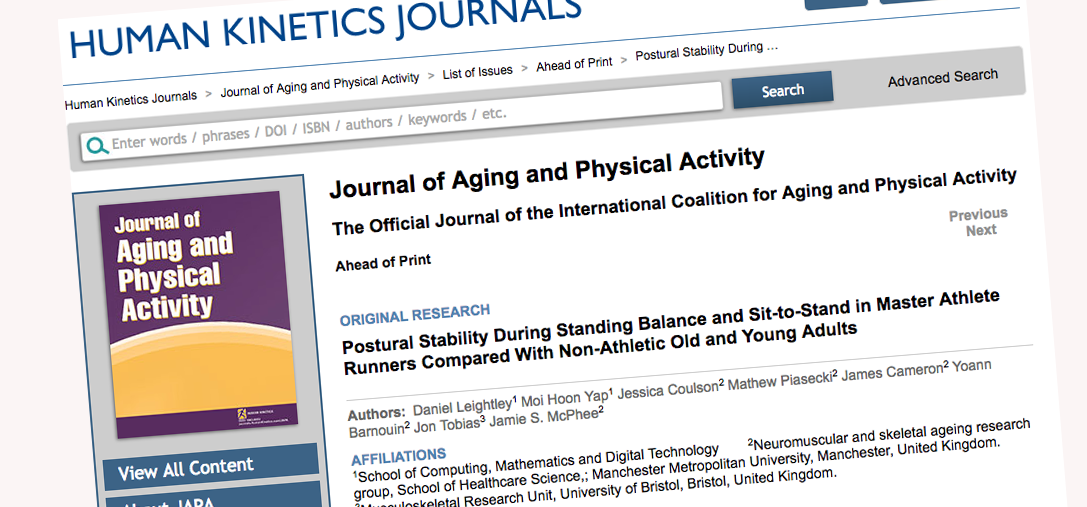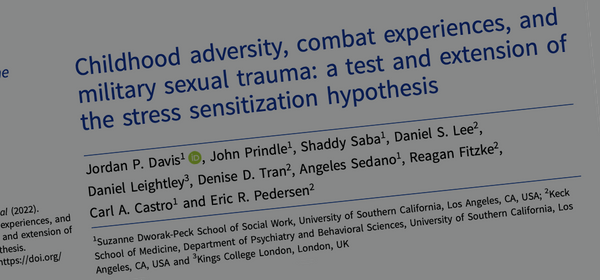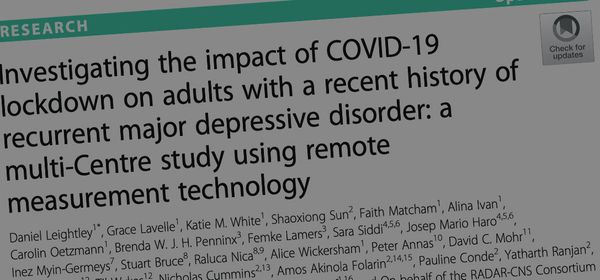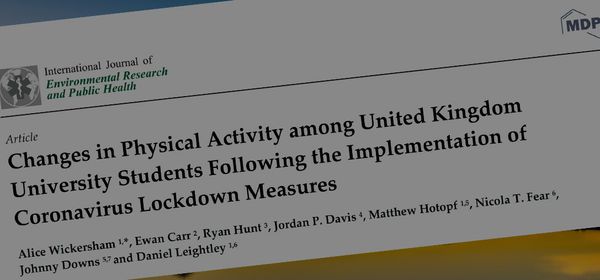Postural Stability During Standing Balance and Sit-to-Stand in Master Athlete Runners Compared With Non-Athletic Old and Young Adults
Great news, I have just had my second journal accepted to appear in the Journal of Aging and Physical Activity (JAPA). I am really pleased that the work will soon be published. It forms part of my PhD work, bringing together motion capture (depth sensor) and mobility analysis to evaluate masters athletes. Of particular note is the acceptability by the community to utilise depth sensor technology as the 'gold standard'. This will hopefully spur other researchers to utilise marker-less technology over marker-based solutions. You can find the article here.
The aim of the paper study was to compare postural sway during a series of static balancing tasks and during five chair rises between healthy young (mean (SEM) age 26(1) yrs), healthy old (age 67(1) yrs) and master athlete runners (age 67(1) yrs; competing and training for the previous 51(5) yrs) using the Microsoft Kinect One. The healthy old had more sway than young in all balance tasks. The master athletes had similar sway to young during two-leg balancing and one leg standing with eyes open. When balancing on one-leg with eyes closed, both the healthy old and the master athletes had around 17-fold more sway than young. The healthy old and master athletes also had less anterio-posterior movement during chair rising compared with young. These results suggest that masters runners are not spared from the age-associated decline in postural stability and may benefit from specific balance training.
Length of time in review
I submitted the manuscript via ScholarOne Manuscript Central on the 15th March 2016, on the 6th June 2016 I received the first notification - Re-submission with Major Revisions. The reviewers made several comments about the content and we embarked upon modifying the manuscript. I was overall very happy with the feedback as it sought to improve the quality of the manuscript. I set about making drastic changes and re-submitted on the 23rd August 2016 and final notification was received on the 26th September 2016 - accepted! From first submission to final acceptance was 195 days (6 months 11 days). If I remove the time taken to revise the manuscript it was actually 117 days (3 months 28 days). Which is fantastic compared to most Computer Science journals.
Conclusion
Overall I am very happy with the work and hope to build upon it in the coming months, I welcome any feedback and comments the community may have.



